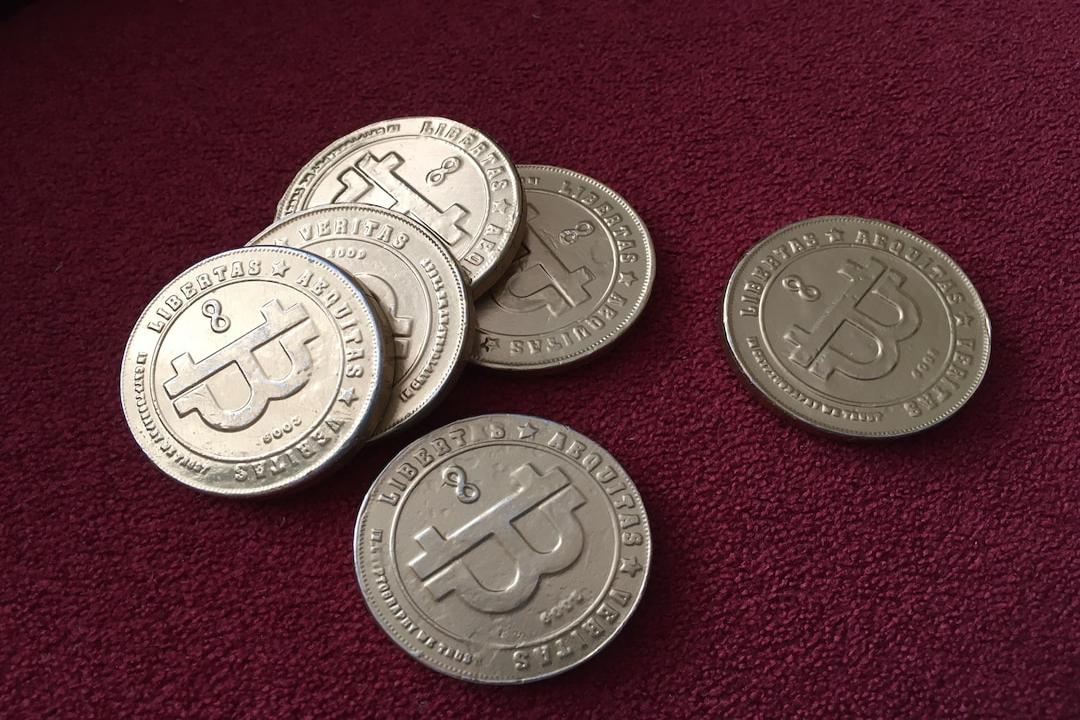Philippine Securities and Exchange Commission (SEC) Takes Action Against Offshore Cryptocurrency Exchanges
On August 6, the Philippine Securities and Exchange Commission (SEC) took action to impose a comprehensive blockade against ten offshore cryptocurrency trading platforms. Local users are currently unable to access OKX, MEXC, Bybit, KuCoin, Bitget, Kraken, CoinEx, Phemex, BitMart, and Poloniex through the network provided by the Philippine telecommunications provider PLDT.
(Background: The Philippines allows USDT payment for “social insurance”; Jeju Island in South Korea plans to introduce NFTs and virtual currency into the tourism industry.)
(Background Supplement: Singapore’s MAS implements the strictest regulations globally, with unlicensed exchanges facing penalties beginning tonight.)
Philippines Blocks Offshore Cryptocurrency Exchanges!
According to a report by Decrypt yesterday (6th), the Philippine Securities and Exchange Commission (SEC) has taken action on August 6 to impose a comprehensive blockade against ten offshore cryptocurrency trading platforms. Local users are currently unable to access OKX, MEXC, Bybit, KuCoin, Bitget, Kraken, CoinEx, Phemex, BitMart, and Poloniex through the network provided by the Philippine telecommunications provider PLDT.
Basis for the Blockade: Dual Requirements of Capital Threshold and Local Registration
In fact, as early as this past Monday, the Philippine authorities had issued an announcement determining that these exchanges were in violation of local laws. In this announcement, the SEC stated that these trading platforms had not completed company registration in the Philippines, nor had they met the capital requirement of 100 million pesos (Piso), the requirement for a physical office, or the monthly reporting obligations under CASP regulations.
The SEC believes that soliciting investments from Philippine residents without permission would amplify the risks of capital loss, identity theft, and market manipulation. Therefore, the authorities instructed the main internet service provider PLDT to immediately block these platforms and emphasized that “the list is not limited to these.”
User Shock: Trading Interruption and Liquidity Crunch
On the day of the blockade, many local users attempting to log into the trading platforms encountered only interception pages, leading to a series of issues such as the inability to withdraw assets, forced cancellation of orders, and a temporary freeze of liquidity. In response, GCash’s cryptocurrency business head, Luis Buenaventura, described the community as “very angry,” questioning whether the regulation might carry protectionist undertones.
However, he also added that in the long run, local compliant platforms would gain access to “the majority of untapped” novice users and could focus on education and fraud prevention. He publicly stated:
“Although it is painful now, compliant platforms will ultimately remain, and users will become safer.”
Southeast Asia Faces Similar Regulatory Storm
The Philippines is not an isolated case. For example, Thailand blocked exchanges such as Bybit and OKX in May of this year, while Indonesia has increased the tax burden on foreign platforms and strengthened penalties for unlicensed operations.
Frequent actions in the region indicate that countries are pulling cryptocurrency businesses back into the regulatory scope of traditional finance. The Philippine SEC’s strong measures also serve as a reminder to any exchanges that do not meet local and licensing conditions that market entry thresholds can no longer be ignored.
Next Steps: To Stay or Exit
Faced with increasing capital thresholds and compliance costs, some platforms are considering applying for local licenses, investing in personnel, taxes, and office space; others may choose to withdraw and direct users towards local operators or decentralized exchanges (DEX).
Short-term pain is inevitable, but the Philippine SEC anticipates that as policies gradually improve, local users are still expected to reach 12.79 million by 2026. As the SEC stated in its announcement:
“Compliance is no longer an option but a lifeline.”

Related Reports
Grayscale Report: Institutional Influx, Regulatory Relaxation, and the Multiple Benefits Behind Ethereum’s Strong Rise
Kronos: Looking at Bitcoin’s Rebound! “Cautiously Optimistic” as the Macro Market Awaits Regulatory Good News
U.S. Cryptocurrency ETF Gets Regulatory Green Light: Universal Listing Standards May Be Implemented Within 60 Days, Which Projects Will Be Winners?

